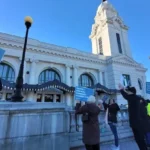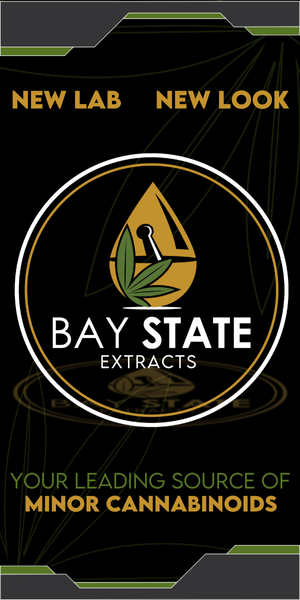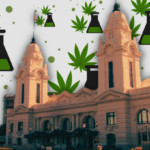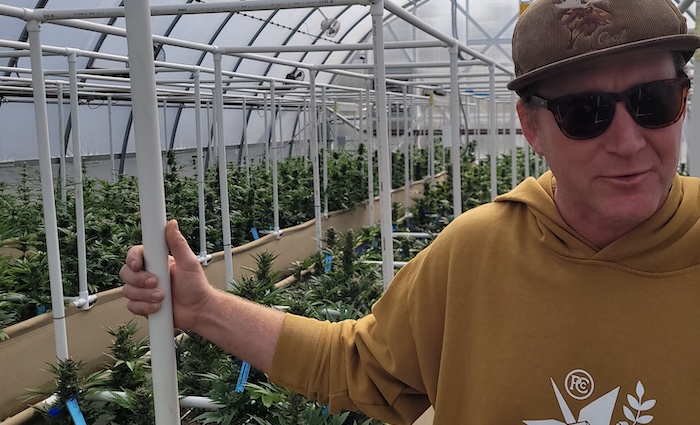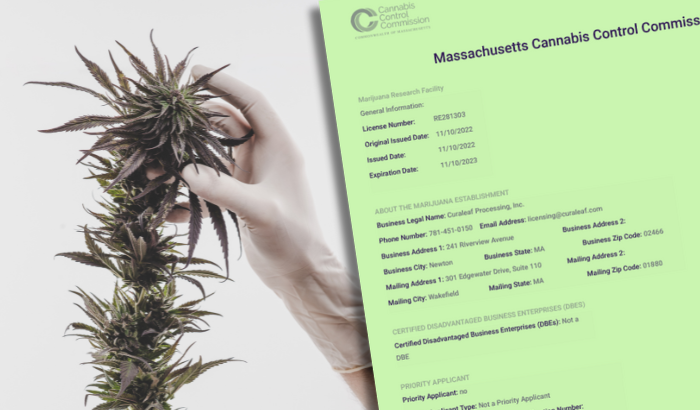
“I think it’s really unfortunate that local communities, often rural communities continue to prevent access to psilocybin services.”
Voters in more than a dozen Oregon cities, including in the Portland area, voted to ban the regulated sales and use of psilocybin mushrooms.
Anti-psilocybin measures were on the ballots in 16 cities and unincorporated Clackamas County, and are passing in coastal communities to urban Portland and central and southern Oregon by 55% to 70% of the vote.
Bans against psilocybin businesses are passing in Brookings, Rogue River, Sutherlin, Redmond, Lebanon, Jefferson, Sheridan, Amity, Hubbard, Mount Angel, Estacada, Oregon City, Lake Oswego, Seaside and Warrenton. Redmond’s measure would enact a two-year moratorium on psilocybin businesses.
Comment was not immediately available from psilocybin opponents. Supporters of the drug expressed disappointment with the results Wednesday.
“I think it’s really unfortunate that local communities, often rural communities continue to prevent access to psilocybin services, especially given that we’ve seen over 7,000 people go through the Oregon program, and there’s been so many stories of healing and benefit for those who have done it,” said Sam Chapman, a longtime psilocybin advocate who is policy and development director for the Microdosing Collective, a nonprofit supporting use of the drug in small doses.
Chapman played a big role in getting Oregonians to approve licensed psilocybin treatment centers, facilitators and manufacturers with the passage of Measure 109 four years ago by 56% of the vote. The measure required the Oregon Health Authority to start a program to allow providers to administer psilocybin mushrooms and fungi products to people 21 or older.
To date, the health authority has licensed about 1,000 staff, including 350 facilitators who work directly with clinics while they’re on the hallucinogen. The agency has also licensed 30 psilocybin centers – from the Portland area to Eugene to Ashland and beyond – along with a dozen manufacturers and one lab.
Chapman said these centers give the state another “tool in the toolbox” to treat mental illness, especially depression, anxiety and PTSD, especially for veterans.
“We’re actually seeing the proof of concept for the people who are going through Oregon’s service centers now,” Chapman said. “I think the mental health crisis in rural communities is especially unique in that these rural communities are struggling not just for mental health but economically as well.”
The economy of the psilocybin industry has been soft, caused mainly by the cost of a single session, which can range from hundreds to several thousand dollars, with many customers flocking to Oregon from out of state.
Chapman said rejection of psilocybin is linked to a lack of education about the drug and how the industry works in Oregon. Consumers cannot buy the drug in stores, as they can for marijuana, and treatments are regulated.
“They don’t understand psilocybin. They don’t understand the research and they don’t understand the Oregon program. And so in addition to the lack of that understanding, they make some assumptions. The biggest assumption is that this is just the same thing as cannabis. They assume this is for retail sales, which is not true,” Chapman said.
Healing Advocacy Fund, a nonprofit in Oregon and Colorado, will continue to push for the programs to grow, with state-regulated access to psychedelic healing. Heidi Pendergast, the group’s Oregon director, said the rollout in Oregon has been safe, with only four people needing emergency services out of thousands served.
“So while there may be some concerns, we haven’t seen that play out right now whatsoever in the program,” Pendergast said.
Oregon was the first state to decriminalize psilocybin in licensed settings and Colorado has followed suit. Massachusetts voters rejected a proposal to legalize the mushrooms and allow people to grow small quantities at their homes, National Public Radio reported.
This article was republished from the Oregon Capital Chronicle under Creative Commons license CC BY-NC-ND 4.0. You can read the original version here.









